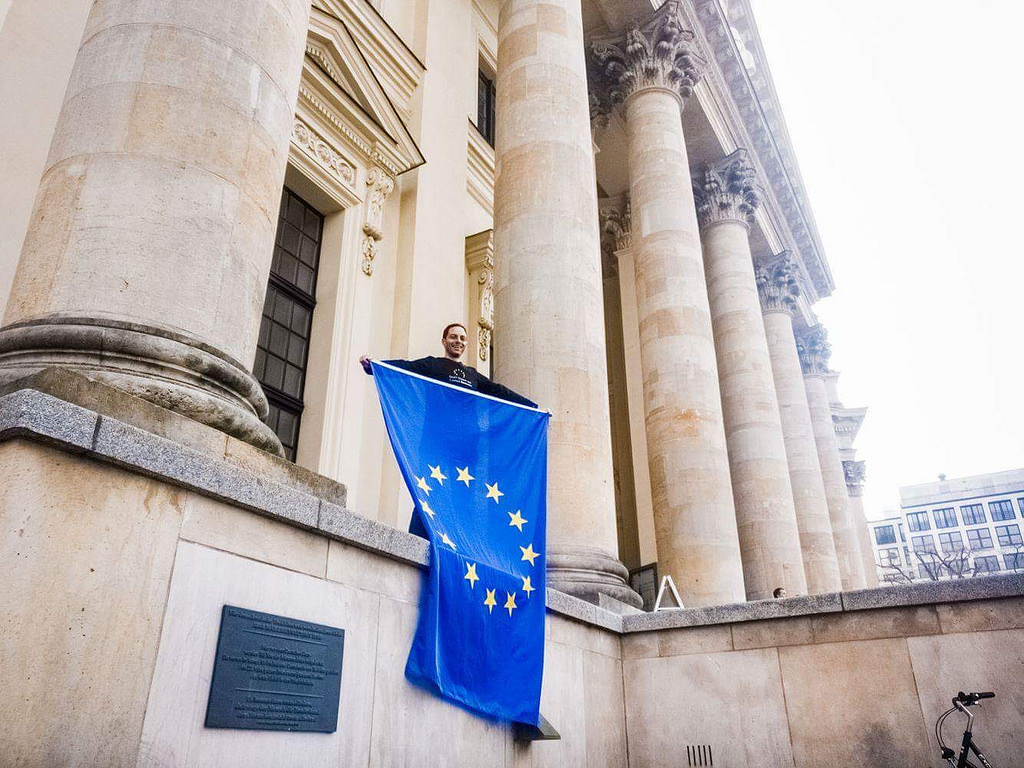Madrid/Brussels, 9 May 2017 – On Europe Day, Access Info is calling on the European Union to commit to and implement essential transparency and open government reforms to reverse the growing sense among European citizens that they are distanced from Brussels and that decisions are taken behind closed doors with little or no accountability.
Access Info’s mapping, carried out with our partners, reveals that it is not possible for citizens to get information on decisions such as that to drop EU anti-corruption reports or who really negotiated the controversial EU-Turkey deal.
Other transparency blackspots relate to areas of public interest, such as the difficulty accessing the scientific studies used by EU institutions to decide upon approval of potentially dangerous herbicides promoted by Monsanto, or even denial of full data on the spending of European taxpayers’ money on basic activities such as travel by EU Commissioners.
Access Info pointed to examples of crucial decision-making processes where information has been denied such as documents on the role of the European Central Bank in the financial crisis, or on how European Court of Justice judges are appointed.
Furthermore, inconsistent record keeping of decision-making processes, in particular the lack of minutes of meetings and justifications of decisions, is impeding public scrutiny of policies as legislation is developed.
“With the European democratic project under increasing pressure, there was a collective sigh of relief this week at the outcome of the French presidential elections, but now is not the time for complacency,” said Helen Darbishire, Executive Director of Access Info Europe.
“Rather, is imperative that Europe get its house in order. This can be done through a comprehensive agenda for transparency and open, participatory, government, something that – rather remarkably – the EU has never developed,” added Darbishire.
A Transparency Agenda for the EU
Representatives of Access Info Europe will be in Brussels this week to discuss its proposal for a new EU Transparency Agenda with high-level EU officials and key civil society actors.
Access Info noted that in November 2014, European Commission President Jean-Claude Juncker pledged to act, saying: “We could do the best possible work but it will be worth nothing if we do not earn the support and trust of the citizens we are working for. So let us be more transparent, because in fact we have nothing to hide. Let us show that this time it really is different and that together we are able to really change and renew Europe.”
Halfway into his mandate, and after a series of shocks to the democratic system, little has changed, with the one exception of limited transparency on meetings of high level officials with lobbyists.
At the same time, the specialist right to information organisation, which runs the AsktheEU.org website and regularly litigates to obtain EU documents, says that when it comes to transparency in practice, there are serious failures in the way requests are processed.
The problems identified by Access Info include requiring requesters to provide identification before requests are processed, brusque treatment of requesters, failures to register requests, and serious delays in responding with multiple extensions applied. Refusals to provide access are often based on exceptions that are either poorly argued or misapplied, sometimes in breach of European Court of Justice jurisprudence.
Recommendations for addressing these problems, which Access Info is will be discussing with other stakeholders in Brussels this week, include:
» Improve record keeping and create a duty to document decision making processes
» Remove practical obstacles to requesting such as address and ID requirements
» Comply with time frames for answering requests
» Ensure that exceptions are properly applied in line with European Court of Justice jurisprudence
» Ensure proactive publication of information about decision-making and legislative processes
» Allocate sufficient resources to ensure training for EU officials dealing with public requests for information
For more information, please contact:
Luisa Izuzquiza, Communications Officer | Access Info Europe
or
Andreas Pavlou, RTI Campaigner and Researcher | Access Info Europe
Send an e-mail or call +34 913 656 558

